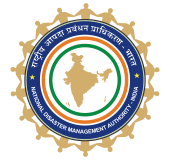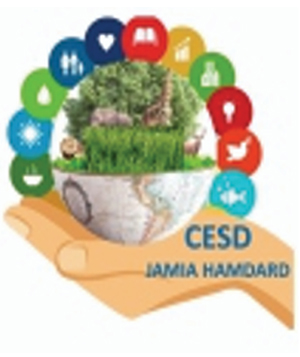Global Dialogue on Climate Change & Disaster Risk Reduction
Introduction
Climate change and disaster risks are escalating at an unprecedented pace, placing lives, livelihoods, infrastructure, and ecosystems under severe threat. From rising sea levels and prolonged droughts to intense floods and devastating heatwaves, the world is witnessing an alarming surge in both frequency and severity of disasters.
According to the Intergovernmental Panel on Climate Change (IPCC, 2023), more than 20 million people are displaced annually due to climate-related hazards. In 2022, catastrophic floods in Pakistan affected over 33 million people, causing damages exceeding $30 billion (World Bank, 2022). Similarly, recurring heatwaves across Europe and South Asia have triggered health emergencies, wildfires, and agricultural failures.
These mounting risks call for an integrated approach recognized by frameworks like the Sendai Framework for Disaster Risk Reduction (2015–2030) and the Paris Agreement. Both emphasize resilient systems, inclusive governance, and investment in early warning infrastructure.
In an era defined by cascading disasters and urbanization, the need for coordinated responses is greater than ever. This Dialogue envisions trust-based partnerships where local actors are not merely beneficiaries of global action, but active architects of resilient and sustainable futures.
Urgency & Global Context
With less than five years remaining to achieve the SDG targets, the global community still faces critical gaps: rising inequality, accelerating climate change, biodiversity loss, and unmanaged anthropogenic waste are tipping natural systems and amplifying disaster risks. The Sendai Framework emphasizes inclusive action to reduce vulnerability, strengthen preparedness, and promote swift recovery, especially among the most marginalized populations.
The Paris Agreement (2015) reinforces this agenda by setting a collective path toward limiting global warming while promoting climate-resilient development. Success requires systemic, interconnected approaches — maximizing synergies, managing trade-offs, and ensuring co-benefits across climate action, disaster risk management, and sustainable development.
Cities are epicenters of risk and engines of resilience. They face threats such as heatwaves, air pollution, flooding, and resource stress, but also offer immense opportunities for transformation. With strategic investments and resilient infrastructure, cities can become models of sustainability. India’s rapidly growing urban context, particularly New Delhi, makes it a fitting setting for global dialogue.
By fostering trust-based partnerships and shared accountability, this Dialogue envisions a world where local actors are architects of resilient, inclusive, and sustainable futures. It challenges stakeholders to bridge the local-global divide and create frameworks that transform ambition into action and vision into impact.












